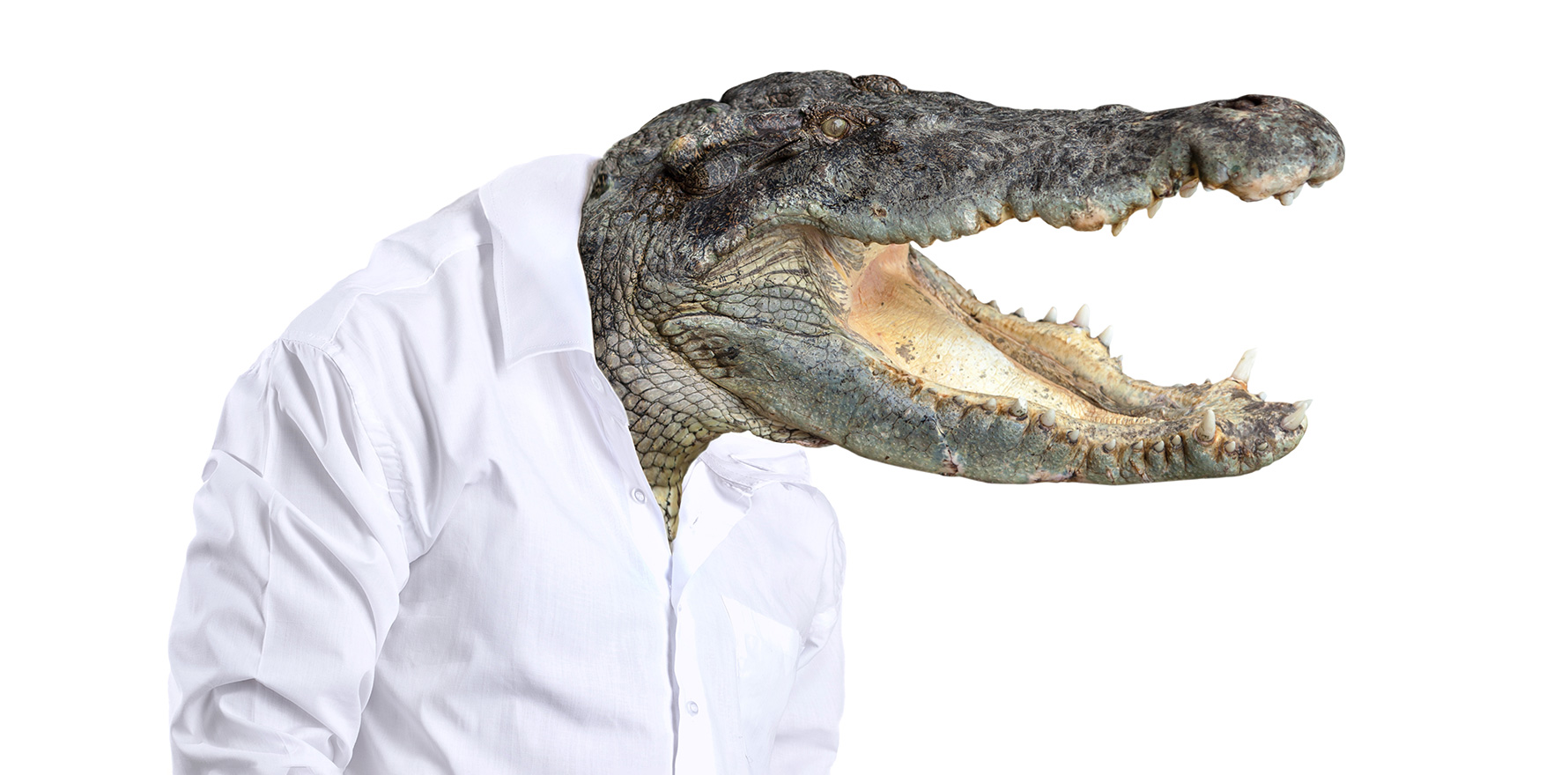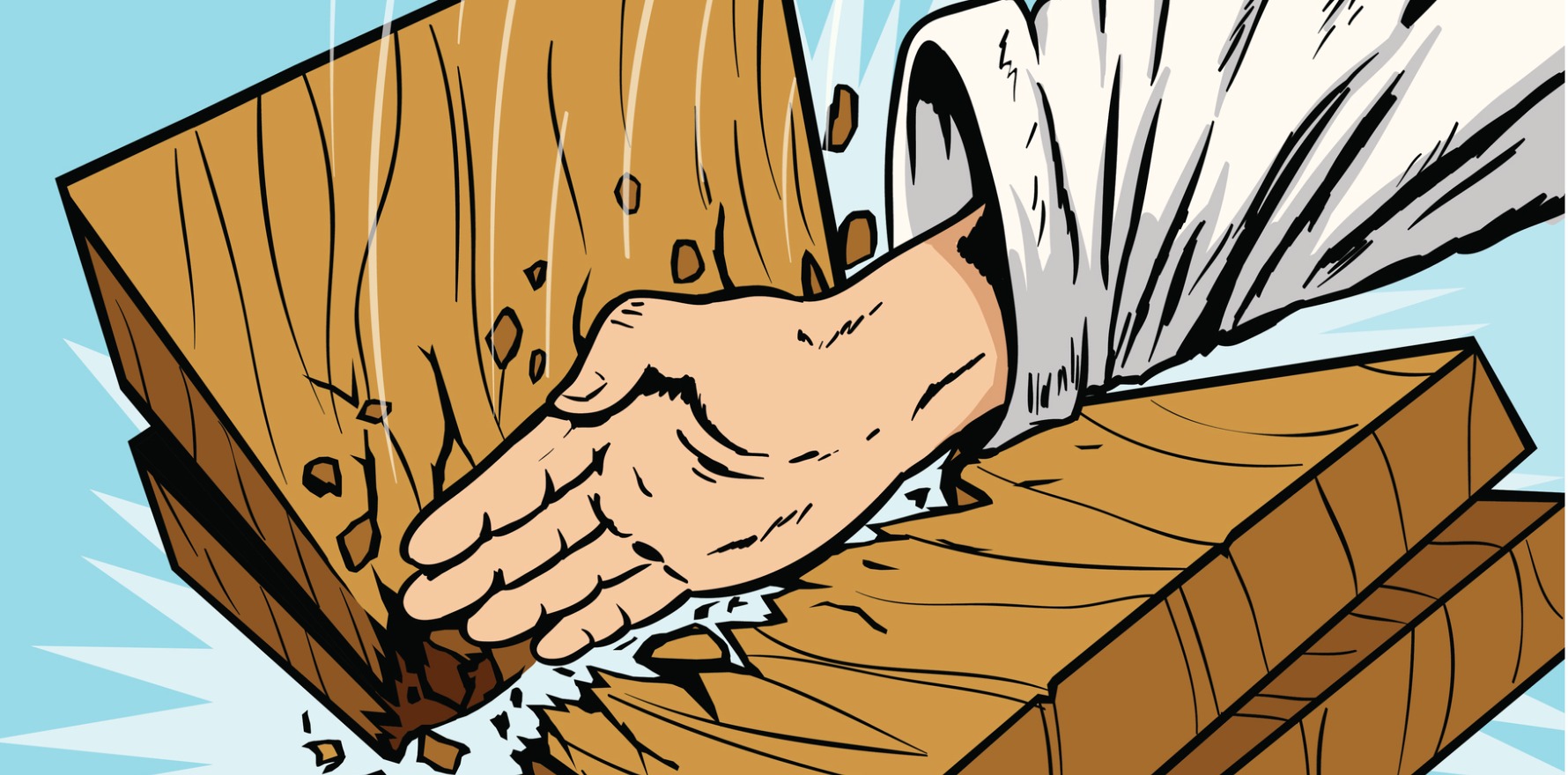Two doctors who have worked in telehealth found themselves on the end of pointed comments at a Sydney conference yesterday.
Telehealth proved to be a divisive topic at last weekend’s Creative Careers in Medicine conference, as two GPs with ties to venture capital-backed telehealth platforms copped a mouthful from audience members.
Dr Joanna Sharp is the medical director at telehealth platform Mosh, while Dr Darran Foo previously worked for rival platform Eucalyptus. He is now at Healthdirect.
Doctors on Demand sponsored the panel but did not have input into the direction of the conversation, which was moderated by Creative Careers in Medicine founder Dr Amandeep Hansra.
Dr Hansra has also previously worked with Mosh.
All three GPs spoke to their personal experience working in the telehealth industry and were not representing their current or former employers.
Dr Foo, who is now doing a PhD on virtual service models in primary care, said he had initially started work in the telehealth space because the hours were more flexible.
The flexibility was a drawcard that Dr Sharp also mentioned.
“I thought it was fascinating when [I was working at another telehealth startup] … that all 12 of the doctors were single parents, and there was a reason they had come to work in that space for that period of time,” she said.
Dr Sharp recounted a particularly memorable conversation she’d had with a colleague in rural general practice, who she said had been “obviously furious about telemedicine”.
“I guess she was feeling that we are grabbing the low-hanging fruit, that we are fragmenting care and that we are potentially not good doctors,” said Dr Sharp.
About 15 minutes into the session, a doctor in the audience called out the direction of the conversation and questioned whether telehealth was what patients needed out of healthcare.
“I think this discussion is being tactically redacted,” the audience member said.
Related
“The evidence shows us that patients prefer their own GP. I, for one, know that I don’t want to see someone other than my GP or the group of GPs that looks after me.”
It wasn’t the only critical comment, but there were just as many people in the audience who praised telehealth for its leaps in accessibility and commended Dr Sharp and Dr Foo on their work in the space.
Others expressed confusion over how telehealth platforms actually operated.
One GP delegate asked whether non-GPs were hired for the GP-style platforms like Eucalyptus and Mosh, and what supports existed to safeguard care.
“The issue with the industry at the moment is that there is no standardisation,” Dr Foo said.
“There is no way for you as a GP or for you as a customer to tell what kind of clinical governance systems or quality controls each service has in place.”
Some companies only employ fellowed GPs, others may employ GPs as well as interns and PGY5s and some also use nurse practitioners.
Dr Foo urged doctors who felt strongly either way to engage with the Australian Commission on Safety and Quality in Health Care on the forthcoming set of standards it is developing for virtual care.
“When the standards come out for consultation make sure that you participate and engage,” he told delegates.
“One of the things I’m going to be saying is that we should be mandating continuation of care communications that services like these send out to a patient’s regular GP, or that the government doubles down on My Health Record [usage].”
Dr Hansra said that, without the involvement of the medical community in all aspects of telehealth, patient safety may be put at risk.
“If we let this thing be a runaway train, and we don’t get on the train with it, we will kill people,” she said.
“And there’s no doubt about it, if you let the industry go and do whatever it needs to do to make money without any clinical input.
“We need to have more of us [doctors] in the tent.”
Both Dr Sharp and Dr Foo will be presenting at TMR’s Burning GP conference at Kingscliff in June.
Creative Careers in Medicine 2024 was held at Novotel Sydney in Brighton Beach on9 and 10 March.





